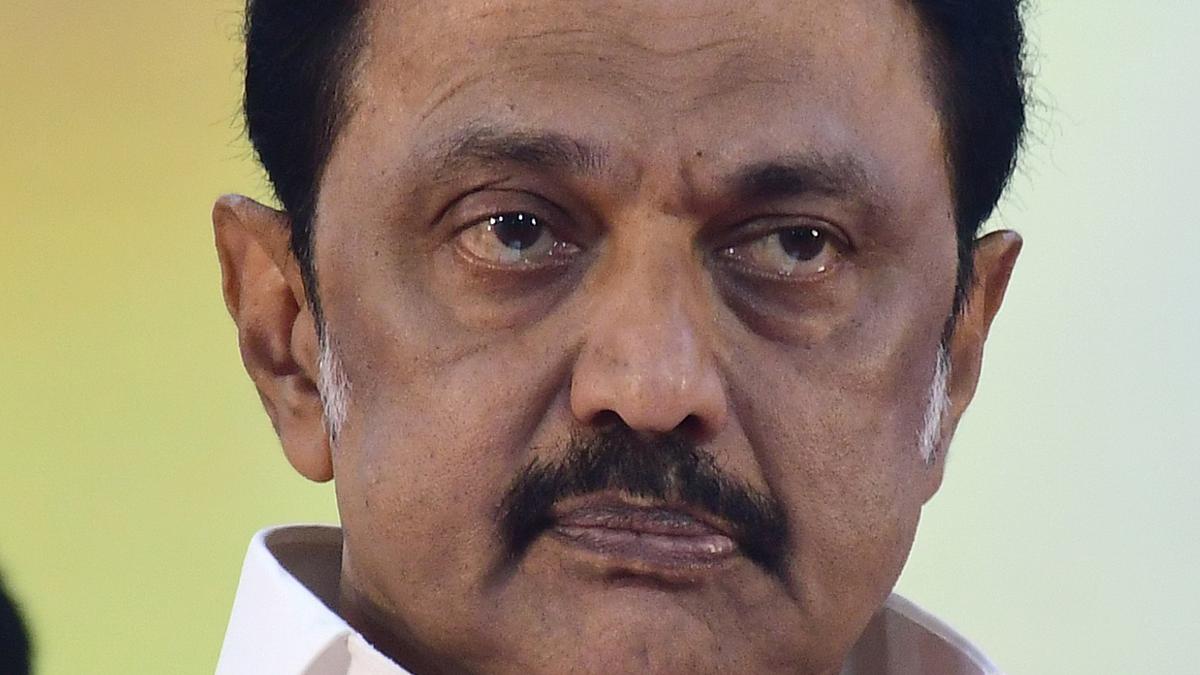.jpg)
Tamil Nadu Fishermen Securing Freedom From Sri Lankan Custody: A Complex Saga of Human Rights and Diplomacy
The recent release of 27 Tamil Nadu fishermen from Sri Lankan custody has brought into sharp focus the ongoing saga of human rights violations and diplomatic tensions between India and Sri Lanka. This trending news critically examines the complexities surrounding the fishermen issue, highlighting the plight of the affected communities, the diplomatic efforts involved, and the broader implications for India-Sri Lanka relations.
A History of Fishing Conflicts and Human Rights Abuses
Tamil Nadu fishermen have traditionally fished in the Palk Bay and Gulf of Mannar, waters that overlap with Sri Lankan territorial waters. However, tensions have escalated over the years due to alleged illegal fishing practices, leading to frequent arrests and detentions by Sri Lankan authorities. In 2021 alone, over 140 Tamil Nadu fishermen were arrested by Sri Lanka.
Detentions have often been accompanied by allegations of human rights abuses, including torture, solitary confinement, and denial of medical care. The inability to speak the local language and lack of legal representation have further compounded the plight of the fishermen.
Diplomatic Efforts and Stalin's Letter
The Government of India has consistently raised concerns about the welfare and rights of Tamil Nadu fishermen. In a recent letter to Minister of External Affairs S. Jaishankar, Tamil Nadu Chief Minister M.K. Stalin urged the government to enhance diplomatic efforts to secure their release.
Stalin highlighted the longstanding issue of arrests and the need for a "permanent solution to the continued harassment of Tamil Nadu fishermen." He emphasized the importance of securing their safe return and ensuring that they are treated humanely while in custody.
Sri Lanka's Response and Complexities
Sri Lanka maintains that the arrests are made to protect its territorial waters and enforce its fisheries laws. However, human rights advocates have argued that the response is disproportionate and violates international norms.
The issue is further complicated by the presence of separatist groups in Sri Lanka, which have been accused of using the fishing industry as a cover for illegal activities. This has led to a heightened security presence in the northern waters.
A Watershed Moment?
The recent release of the 27 fishermen has been hailed as a potential turning point in India-Sri Lanka relations. However, it is important to note that such releases have occurred in the past without resolving the underlying issues.
For a long-term solution, both countries need to engage in sustained dialogue and cooperation on fisheries management, border security, and human rights protection. India must continue to advocate for the rights of its fishermen while Sri Lanka must address the concerns of its own fishing community.
Conclusion
The issue of Tamil Nadu fishermen securing freedom from Sri Lankan custody is a multifaceted one, involving human rights, diplomacy, and the complexities of geopolitics. While the recent release of fishermen is a positive step, sustained efforts are required to address the root causes of the issue and prevent future incidents of arbitrary arrests and detentions.
India and Sri Lanka have a shared responsibility to uphold the rights of their citizens, promote good neighborly relations, and work together to find a just and equitable solution that ensures the safety and well-being of all fishermen in the region.

Comments
Post a Comment